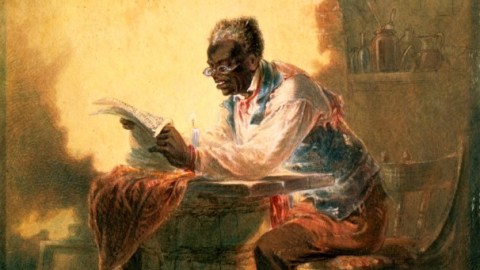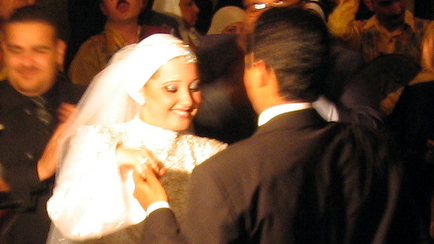African American Men Define Themselves In Brotherman Anthology

One of the questions I almost never hear from black men is “what are you reading these days?”
What I do hear is “you know, I was reading Power Moves For Power Guys last week while I was headed to Vegas for the IT tradeshow where me and my partner showcased our new company” from my buddy who is trying get a start up off the ground.
For my buddies, mentioning a book they’ve read recently mostly serves as an opportunity to tell me what they are focused on doing, or as an adjunct to a broader narrative that signals a new direction they’ve decided to take in their life. So I was pleasantly surprised, at a party back during the Christmas season, to hear an African American man who was not a college professor ask me “what are you reading these days?”
It turned out that in addition to the books he read to stay abreast of trends in his industry, he also took the time to read literature and essays written by black men. We ended up having a great time that night, with a sprawling conversation that ended up including practically all the party’s late night stragglers as we talked about the writings of W.E.B. DuBois, and Richard Wright, and E. Franklin Frazier, and even Carter G. Woodson, who was the catalyst for the idea of Black History Month.
So when I came across Brotherman: The Odyssey Of Black Men In America – An Anthology, I was impressed, when I flipped it open, by its voluminous table of contents. There are one hundred and fifty excerpts from essays, novels, and speeches written by African American men, divided thematically into six sections, that span practically the whole of our existence here in America. The large span of time that these authors represent has a leavening effect right off the bat, largely allowing it to escape the ideological boundaries that often limit the appeal of a compilation.
In reaching beyond the traditional academics, politicians and celebrities whose lives and opinions we are used to memorializing, to include the work of many men who have remained at the margins of history, or have not received wide spread acclaim, editors Herb Boyd and Robert Allen have taken a big step towards broadening the narrative imagery associated with the African American male, incorporating voices from across the spectrum of black life in America.
More than a mere anthology, this book is a gateway. This ambitious assemblage of excerpts from essays, stories, documents, poems, narratives, position papers, novels and autobiographies has no equal in size, scope, or mission. The central purpose of this anthology, stated plainly in the book’s introduction, “is to create a living mosaic of essays and stories in which Black men can view themselves, and be viewed without distortion.” It has already caused me to add several books to my list of “must have’s”. And it has added new dimensions to many of the stories I already know about the men whose life histories have been drilled into me since my youth.
For black men on the go, like some of my buddies, who have confined their reading since school to trade journals and self help books, it is an eclectic collection of excerpts that has the ability to expand their perspective of the world. For black men who have become allergic to reading anything outside of the sports pages, like some of my other buddies, it is an excellent way to get back into the swing of reading again.
And if you are one of the millions of non-black Americans who have depended up until now on television news or rap music to inform you about what black men are thinking, I couldn’t think of a better way to begin to educate yourself on the vast array of perspectives and experiences of your darker brothers.
var sc_project=5776899;
var sc_invisible=1;
var sc_security="ad414931";
// ]]>





